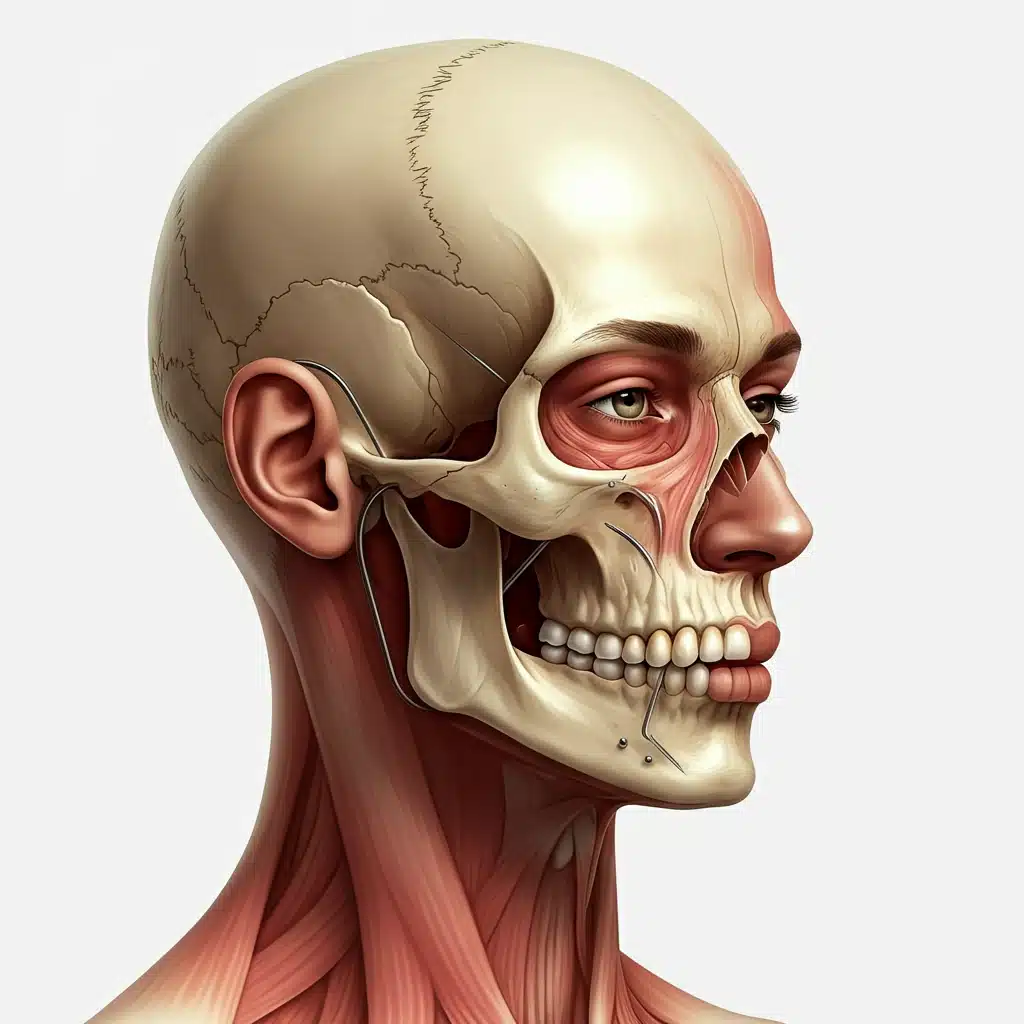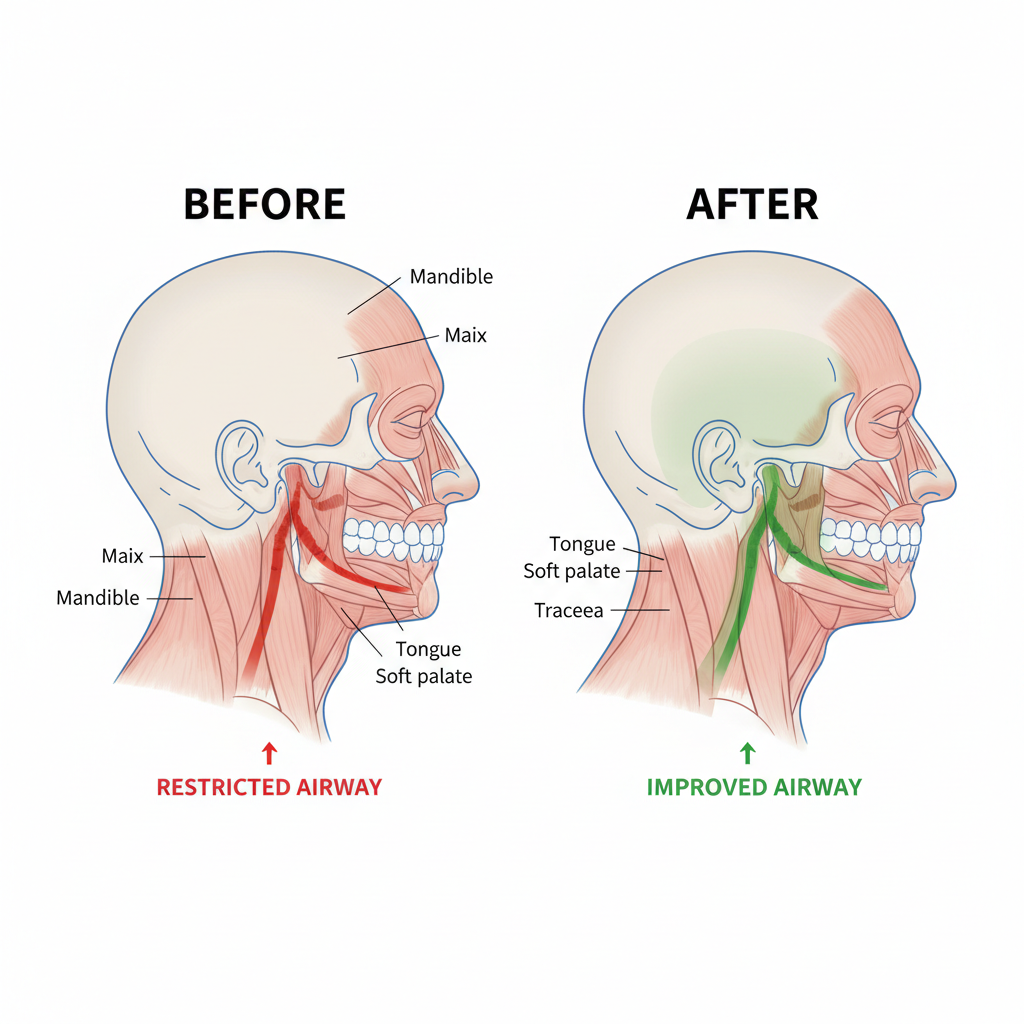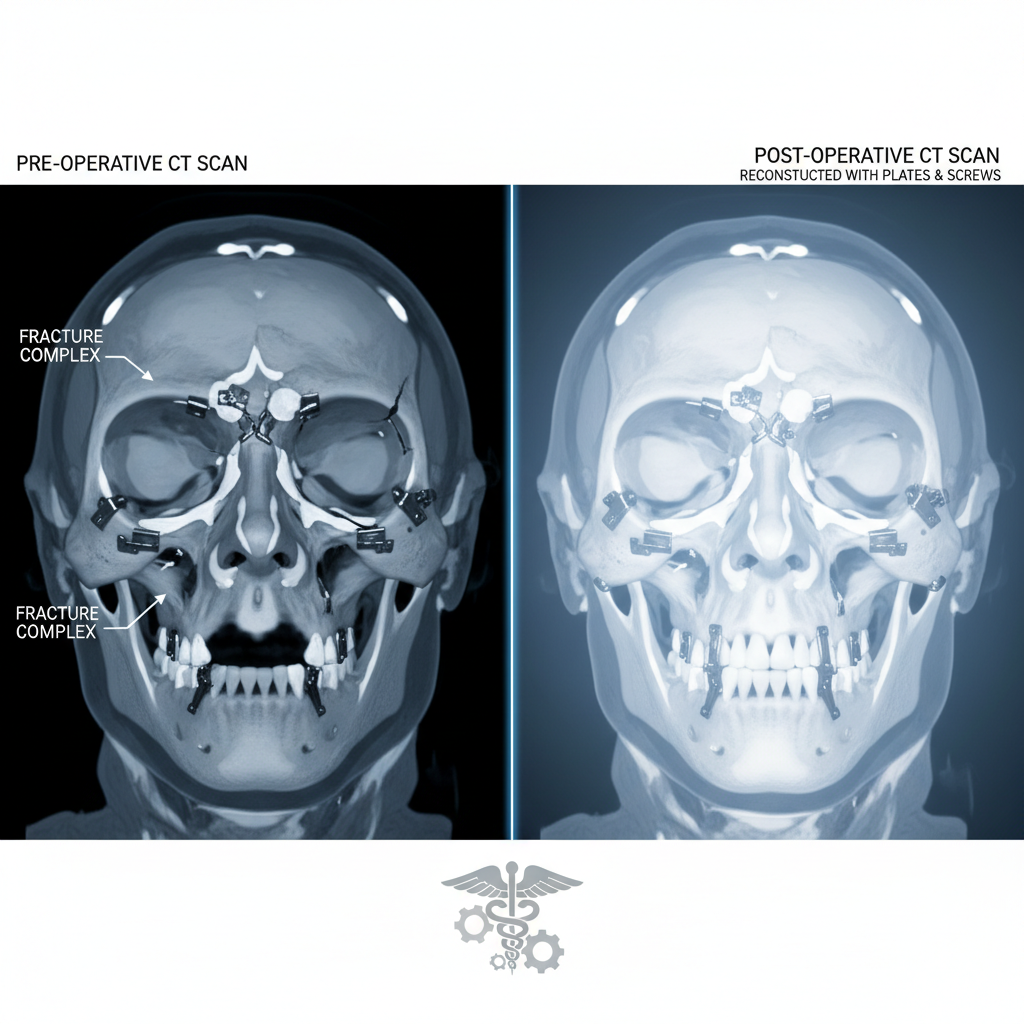When people think of jaw surgery, the first thing that often comes to mind is the potential aesthetic transformation. While it’s true that corrective jaw surgery, also known as orthognathic surgery, can dramatically enhance your facial appearance, the benefits go far beyond looks. For individuals dealing with chronic oral health issues or functional challenges, jaw surgery can be life-changing. From resolving bite problems to improving speech, breathing, and even addressing serious conditions like sleep apnea, jaw surgery offers comprehensive benefits.
If you’re curious about how jaw surgery achieves these outcomes, read on as we break it all down in detail.
What Is Jaw Surgery?
Orthognathic surgery is a corrective procedure designed to realign the jaws when they fail to function properly due to misalignment, deformities, or injury. Performed by oral and maxillofacial surgeons, it typically involves collaboration with orthodontists to ensure optimal results. While braces or aligners alone correct teeth alignment, jaw surgery focuses on repositioning the upper jaw (maxilla), lower jaw (mandible), or both to enhance appearance and functionality.
Why Choose Jaw Surgery?
The decision to undergo jaw surgery often stems from more than aesthetic preferences. Many people require this surgical intervention to address painful or life-disrupting issues related to their oral health and function.
Here are some of the standout benefits of jaw surgery worth exploring further.
1. Resolving Bite Problems
Misaligned jaws can lead to various types of bite issues, such as overbites, underbites, crossbites, and open bites. These misalignments often cause more than just visual concerns—they can interfere with eating, speaking, and even daily comfort.
How Jaw Surgery Helps
Corrective surgery realigns the jaws, creating a harmonious bite. By doing so, it restores functionality, enabling smoother chewing and reducing stress on teeth. Here’s why that matters long-term:
- Misaligned bites often lead to uneven wear on teeth, contributing to early tooth damage or loss.
- Improved jaw alignment reduces the likelihood of jaw joint issues like temporomandibular joint (TMJ) disorders, which cause chronic pain and discomfort.
By addressing structural issues at their core, jaw surgery doesn’t just correct problems—it prevents future complications.
2. Enhancing Speech Clarity
The alignment of your jaw directly impacts how your tongue and teeth interact during speech. When your jaw is improperly positioned, it may result in speech impairments like lisps or difficulty pronouncing certain sounds.
How Jaw Surgery Helps
Orthognathic surgery adjusts the placement of the jaws, allowing the tongue, teeth, and lips to function better together. This adjustment can:
- Improve pronunciation and articulation.
- Eliminate speech impediments caused by structural misalignments.
For children and adults alike, clearer speech can boost confidence and improve communication in personal and professional settings.
3. Improving Breathing
Jaw misalignment can often contribute to breathing difficulties, as improper jaw positioning crowds the nasal passages or airway. People with narrow airways may find it harder to breathe comfortably, particularly when lying down. This condition often worsens over time.
How Jaw Surgery Helps
By repositioning the jaw, this procedure can open up the airway significantly, allowing for better airflow. The benefits are particularly noticeable in the following scenarios:
- Everyday breathing: Patients often report feeling more relaxed and less winded after surgery, especially during physical activities.
- Correcting mouth-breathing habits: Many people with jaw issues rely on mouth breathing, which can lead to dry mouth and increased risk of oral health issues. After surgery, breathing through the nose becomes easier.
Improving airflow isn’t just about convenience—it can dramatically enhance your quality of life and overall health.
4. Addressing Sleep Apnea
Obstructive sleep apnea (OSA) is a serious condition where the airway becomes blocked repeatedly during sleep, causing interruptions in breathing. It’s often linked to jaw positioning. Left untreated, OSA can lead to various health problems, including chronic fatigue, heart conditions, and more.
How Jaw Surgery Helps
Corrective jaw surgery expands the airway by adjusting the jaw’s position. This makes a direct and lasting impact on sleep apnea, leading to:
- Fewer interruptions in breathing while sleeping.
- Improved energy levels and reduced daytime fatigue.
- Lower risks of health issues associated with untreated sleep apnea.
For many patients, it eliminates the need to rely on CPAP machines or other continuous treatments. Orthognathic surgery provides a permanent solution to a life-altering condition.
5. Aesthetic Benefits
Although the functional benefits of jaw surgery are remarkable, there’s no denying the positive impact it can have on physical appearance. Jaw misalignments often create imbalances in facial harmony, with prominent overbites or underbites affecting everything from the jawline to the profile.
How Jaw Surgery Helps
Surgical correction enhances facial symmetry by repositioning the jaws in a way that aligns with the rest of your features. The most common aesthetic outcomes include:
- A more balanced jawline and chin.
- Improved facial proportions, often creating a more youthful look.
- A boost in confidence tied to both aesthetic and functional improvements.
Aesthetic changes aren’t just about vanity—they can significantly improve how people perceive themselves and how they interact with the world around them.
Is Jaw Surgery Right for You?
If you’re dealing with chronic bite issues, speaking challenges, breathing problems, or sleep apnea—or simply feel dissatisfied with your jaw’s appearance—it may be time to consider jaw surgery. It’s not a decision to be taken lightly, as it involves a significant commitment of time and resources, but the long-term benefits can make it an invaluable investment in your health and well-being.
Speak to an oral surgeon who can evaluate your specific concerns and determine whether jaw surgery is the best solution for you.
Final Thoughts
Jaw surgery isn’t just about aesthetics—it’s about unlocking the full potential of your oral health and functionality. From easier speech and breathing to resolving pain caused by bite misalignment, orthognathic surgery offers life-changing results. And yes, the confidence boost from a more balanced, harmonious appearance is a nice bonus.
For those curious about how jaw surgery can fit into their health and wellness goals, consult with a professional. It’s never too early to explore your options and take the first step toward a better, healthier future.





